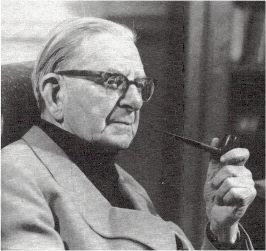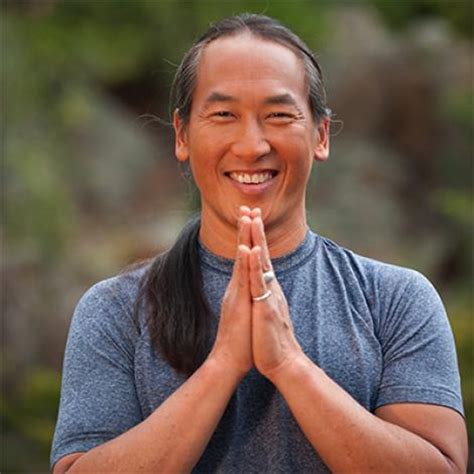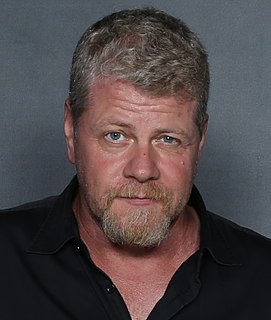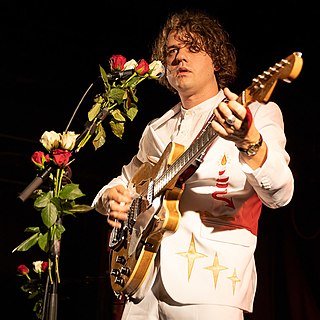A Quote by Frederick Buechner
I've written a lot of autobiography, which also involved listening.
Related Quotes
Johnny Ramone's autobiography is a no holds barred, straight-forward book written in a no-nonsense style that is Johnny personified. His story is written in his own actual words, so the reader gets an insight into what made him the unique, charismatic and exciting individual that he was. It also gives a great view of The Ramones from Johnny's perspective.
Become better listeners. Practice the art of listening in everything you do. Not just listening to yourself and your body, but listening to the people around you, listening to the plant world, the animal world. Really open your ears to what's coming at you. From there, see if you can have the ability to respond instead of react. And that usually comes with listening. If the observation and the listening are deep, then your action will be deep also.
Paul commands: 'Therefore, brethren, stand fast and hold the Traditions which you have been taught, whether by word or by our letter.' From this it is clear that they did not hand down everything by letter, but there is much also that was not written. Like that which was written, the unwritten too is worthy of belief. So let us regard the Tradition of the Church also as worthy of belief. Is it a Tradition? Seek no further.
It's a very collaborative environment [making The Office]. We always do takes of how it's scripted, but then we also mix it up a lot too. And it's kind of a crapshoot, you never know which one... I mean a lot of time improvisation doesn't go anywhere and it's not good at all but, so what was written is often times better.
Empathic listening is so powerful because it gives you accurate data to work with. Instead of projecting your own autobiography and assuming thoughts, feelings, motives and interpretation, you're dealing with the reality inside another person's head and heart. You're listening to understand. You're focused on receiving the deep communication of another human soul.
An artist attunes to what things are, which means sort of listening to the future, which is just how things are - I think time is a sort of liquid that pours out of hatpins, underground trains, salt crystals. So a work of art is also listening to itself, because what it is never quite coincides with how it appears, too.







































